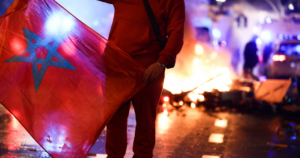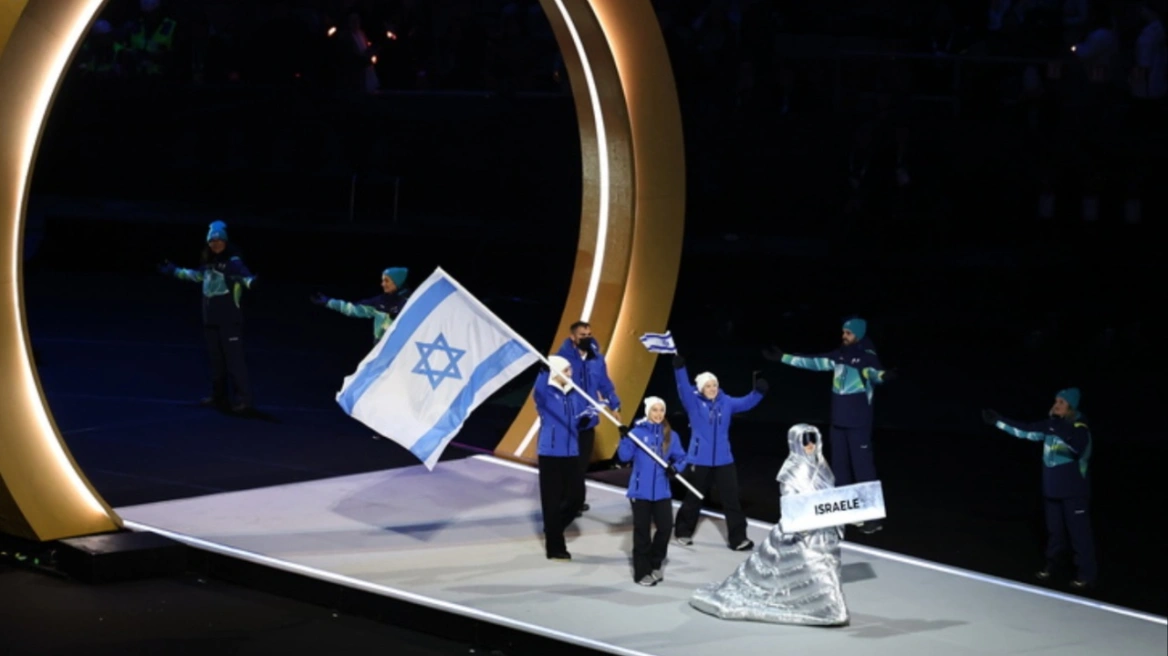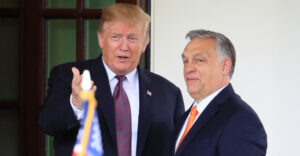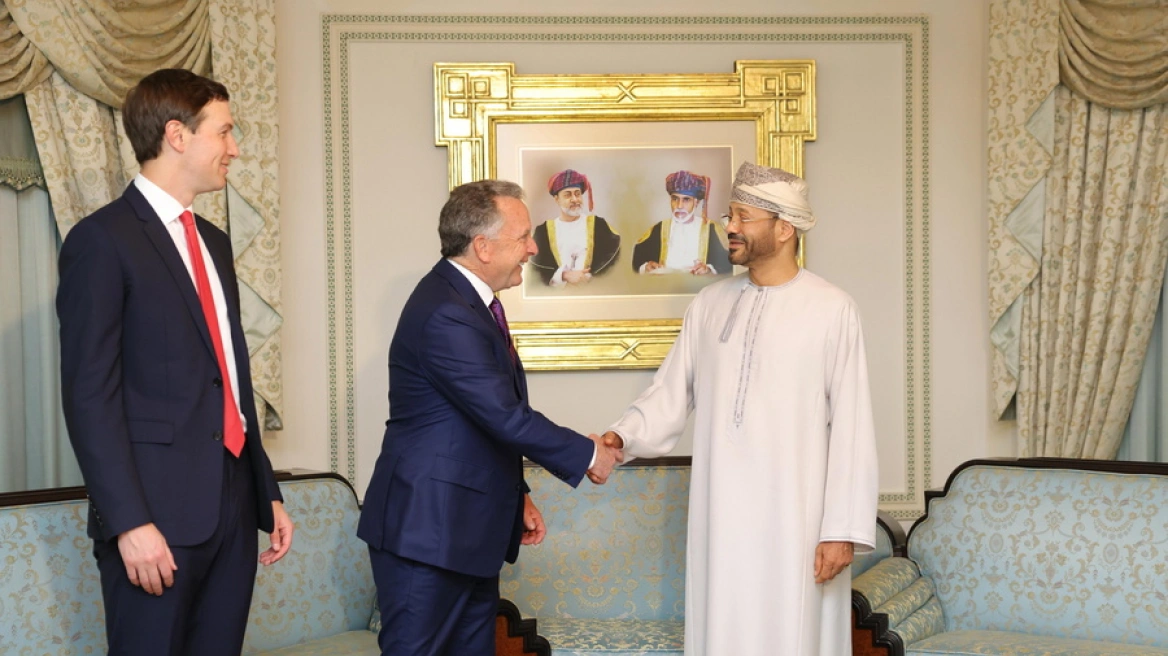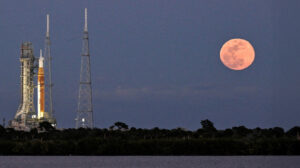Violent clashes took place in Belgium after the Morocco-Belgium football match during the World Cup in Qatar.
Riots took place in Brussels, Antwerp and Liege, where a police station was attacked by about 50 “youths”, and also in several cities in the Netherlands. Beyond these incidents, the popular jubilation in the predominantly Moroccan neighborhoods of Brussels, especially in Molenbeek, revealed that in these areas, the Moroccan identity has remained much stronger than the Belgian one, even though most of the inhabitants have dual nationality.
One would have to be blind and trying to fit reality into the ideology of “living together at all costs” not to see that the sympathies of Moroccans in Belgium were with the Moroccan team and not with the team of their “second homeland”. Some journalists tried to do so, with headlines like “No matter who wins between Belgium and Morocco, it will be a party”.
Turkish-Libyan memorandum: “It destabilizes the Mediterranean” – Greece’s letter to the UN
The party did take place, in Molenbeek, Anderlecht, Schaerbeek and Brussels, municipalities where Moroccan immigrants and their descendants are more numerous than other people, including the native Belgians. One could see the enthusiasm of these supporters honking their horns and displaying Moroccan flags in the streets of the capital in their cars with Belgian plates.
Read more: Gatestone Institute
Ask me anything
Explore related questions
